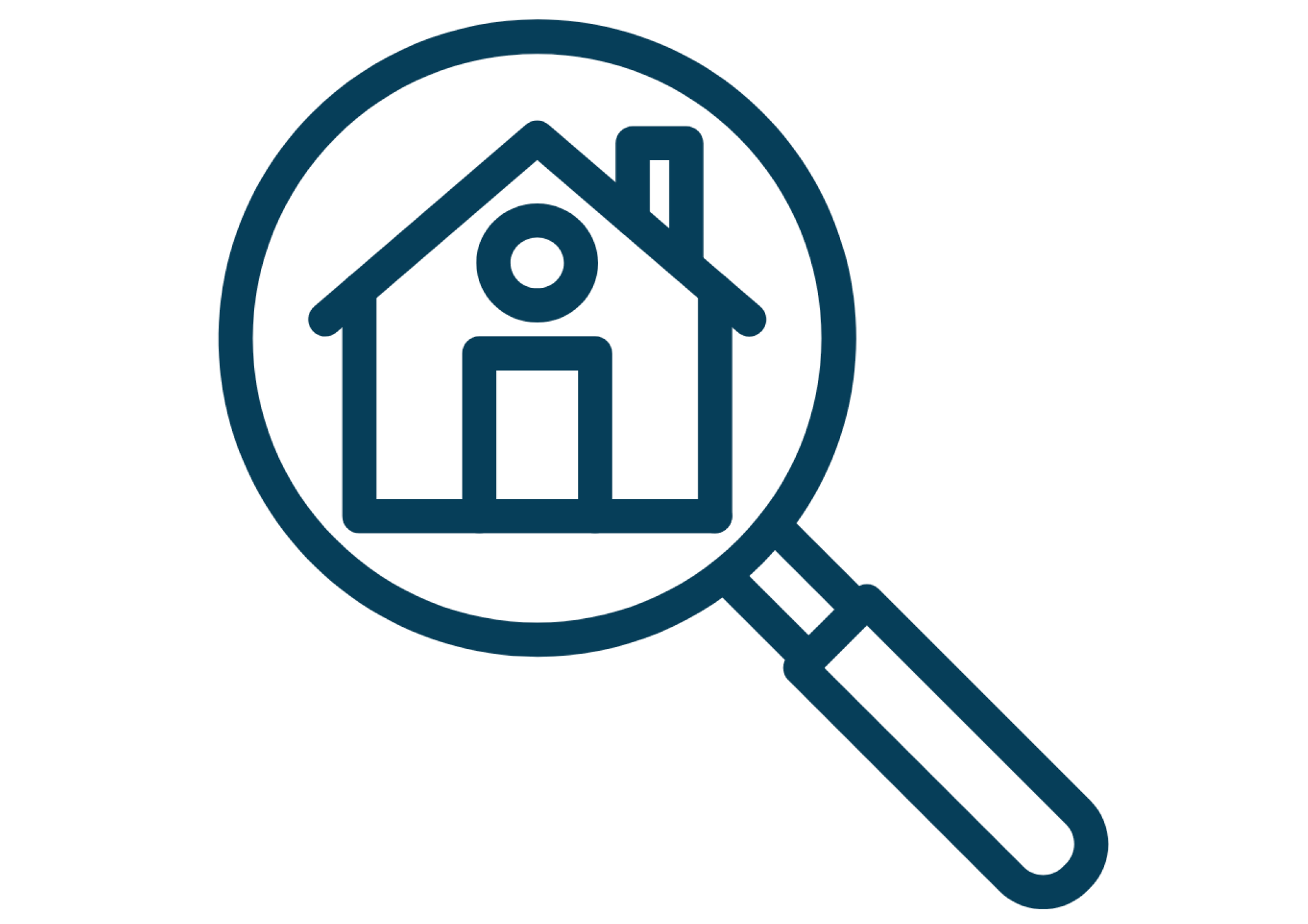 Law students Amelia Pennington and Christopher Cataldo had been at Morgan Lewis for less than a day when they joined their fellow Summer Associates to volunteer at one of the Clearinghouse’s Pro Bono Consultations on May 23.
Law students Amelia Pennington and Christopher Cataldo had been at Morgan Lewis for less than a day when they joined their fellow Summer Associates to volunteer at one of the Clearinghouse’s Pro Bono Consultations on May 23.
Representatives from area nonprofits were in attendance that morning seeking assistance creating or updating their organizations’ WISPs (written information security program), a document that outlines plans for securing and storing the personal information nonprofits often collect from employees, volunteers, and clients. Tasked with helping them were all of the Summer Associates in Morgan Lewis’ Boston office, who worked in teams under the supervision of senior firm attorneys.
“It was one of the first things we did during kick-off, so we hadn’t even spent a full day at the firm yet,” Amelia says. “It really showed that they trusted us, because we were allowed to have actual client interactions. We had a supervising attorney present observing us and making sure we didn’t make any mistakes, but we really ran the meetings.”
The event kicked off with separate trainings for the volunteers, who attended an hour-long WISP presentation led by Morgan Lewis Associate Liza Hays, and for the nonprofit representatives, who attended a presentation about implementing a WISP, led Patricia Mazurkiewicz, the Benefits & Payroll Manager at the Boston Bar Association. The two groups then gathered for private consultation sessions.
Neither Amelia nor Chris had any prior experience with WISP, but they both agree that the training and guidance they received equipped them with the information necessary to effectively assist their clients that morning.
“Going into it, I was a little apprehensive. I wasn’t sure how much help I could actually be,” Chris says. “But I was surprised that we actually were able to help people in the clinic in ways that I didn’t expect.”
The consultation was the first pro bono volunteer experience for both Chris and Amelia. They say the aforementioned apprehension held them back in the past, causing them to question if, as students, their involvement would actually add value for clients. Seeing how grateful the nonprofit leaders were, though, was reassuring.
“I realized we actually do have something we can contribute,” Amelia says. “It has definitely inspired me to be less hesitant taking on volunteer opportunities next year.”
The WISP Consultation was the start of a very active summer for Chris, Amelia, and their fellow interns. Over the next two months they helped out in a variety of practice groups, drafting memos, conducting research, and observing depositions. They also attended another pro bono clinic, hosted by the Lawyers’ Committee for Civil Rights and Economic Justice, where they gave basic legal advice to small business owners.
Chris says he enjoyed the two pro bono clinics, where he was able to see, in real time, how his assistance helped people.
“We did a lot of client work over the summer, but never got to see the clients. A lot of them were institutions and you were kind of isolated from them,” he says. “Being right across the table and seeing people’s reactions when you’re helping them solve their problems is definitely really rewarding.”
Amelia and Chris acknowledge that many of their fellow law students are probably nervous about jumping into pro bono, just like they were, but they encourage them to seek out volunteer opportunities.
“As law students, you basically learn to speak a different language that 80% of the population can’t speak, but is expected to react to. So to be able to serve as that conduit and to assist people, that’s our responsibility,” Amelia says. “You know more than you think you do, and the years you’ve spent in school are valuable. It’s worth it to give that back to somebody else.”


